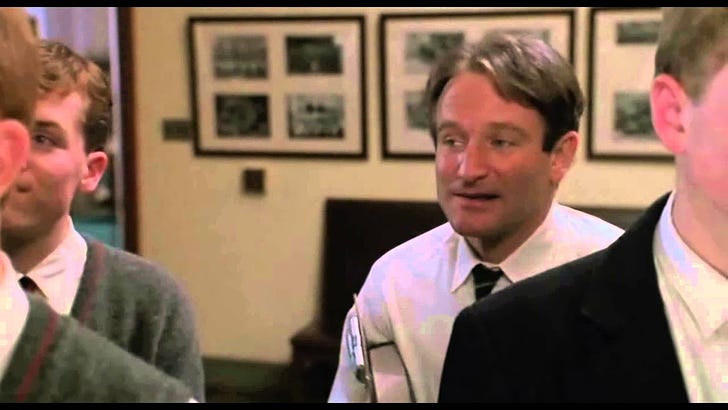“Our goal should be to live life in radical amazement … Get up in the morning and look at the world in a way that takes nothing for granted. Everything is phenomenal; everything is incredible; never treat life casually. To be spiritual is to be amazed.”
- Abraham Heschel
“Life is to be taken at the tilt, you do not have forever, and therefore why wait ? W…


